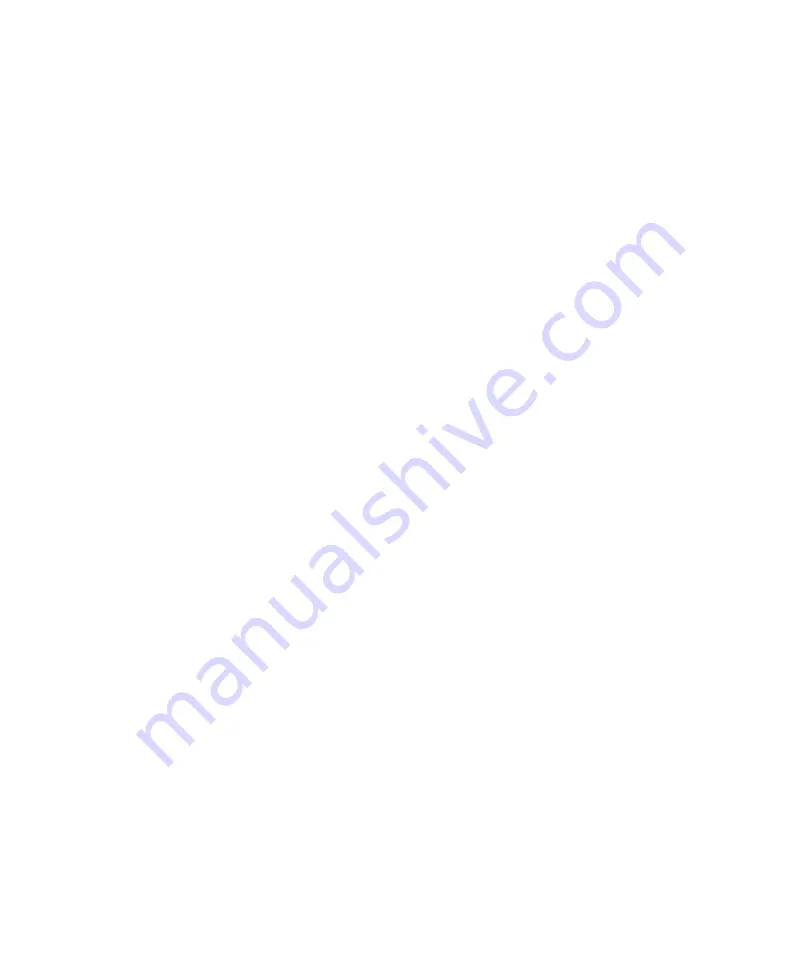
8
CI Maintenance
To Disassemble the CI Source
7000/7010 Series TQ GC/MS Operating Manual
229
To Disassemble the CI Source
Materials needed
•
Gloves, clean, lint-free (Large 8650-0030) (Small 8650-0029)
•
Hex ball driver, 1.5 mm (8710-1570)
•
Hex ball driver, 2.0 mm (8710-1804)
•
Wrench, open-end, 10 mm (8710-2353)
•
Nut driver, 5.5 mm (8710-1220)
•
Tweezers (8710-2460)
Procedure
Refer to the exploded parts view and the CI source parts list while using this
procedure. (See
and
1
“To Remove the 7000 Series CI Source”
2
Remove the filaments. (See
“To Remove the CI Source Filament”
3
Separate the source heater assembly from the source body. The source
heater assembly includes the source heater, repeller, and related parts. (See
and
4
Disassemble the repeller assembly by removing the ceramic insulator from
the repeller. (See
5
Remove the setscrew securing the lenses to the source body.
6
Pull the lenses out of the source body and separate the lens insulator, ion
focus lens, drawout cylinder, drawout lens, and entrance lens. (See




























